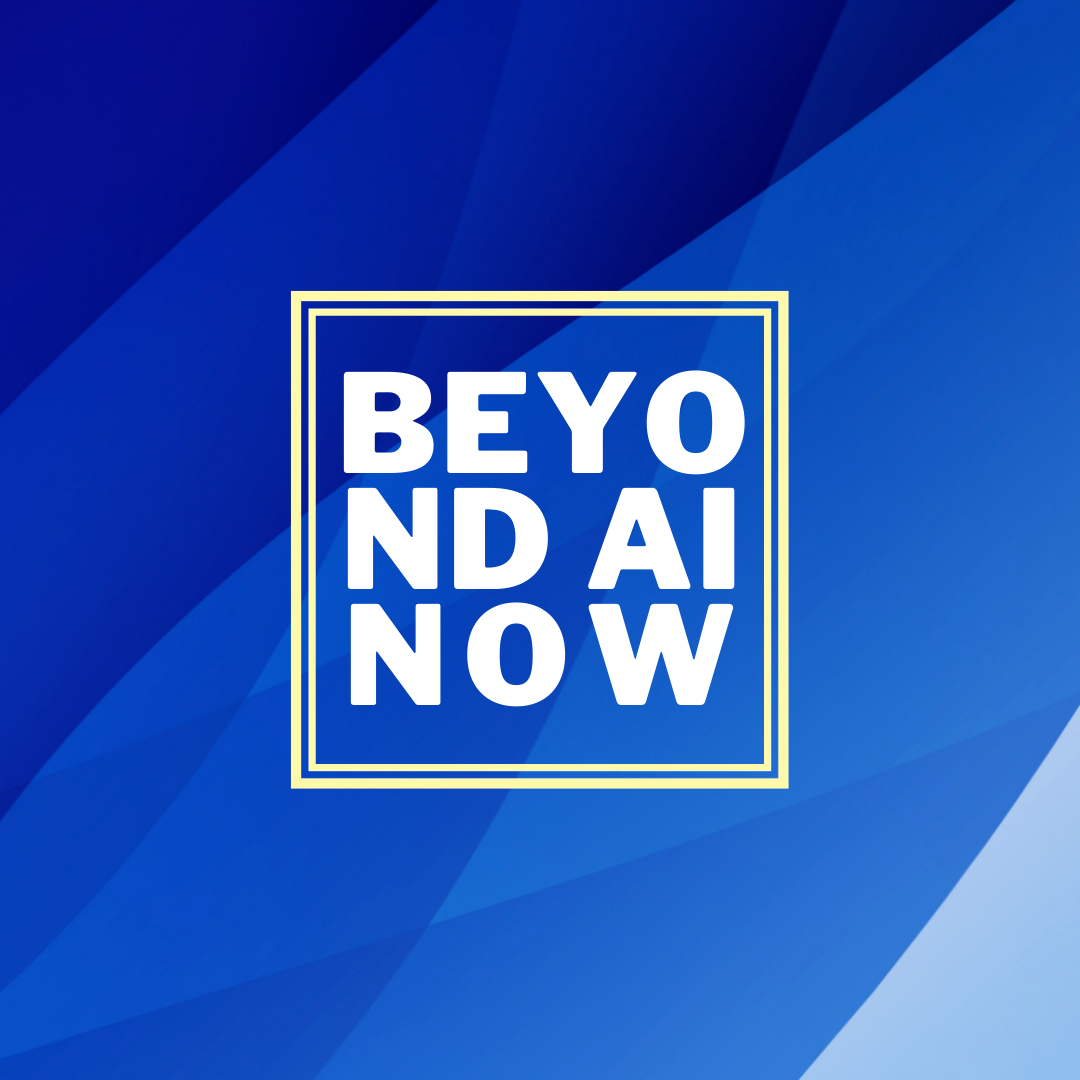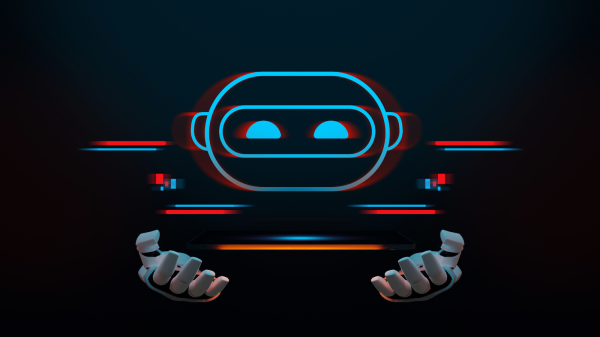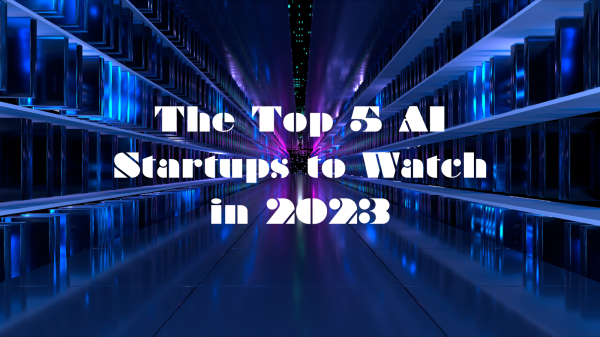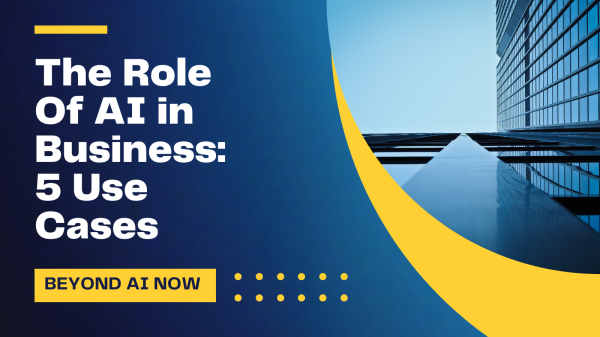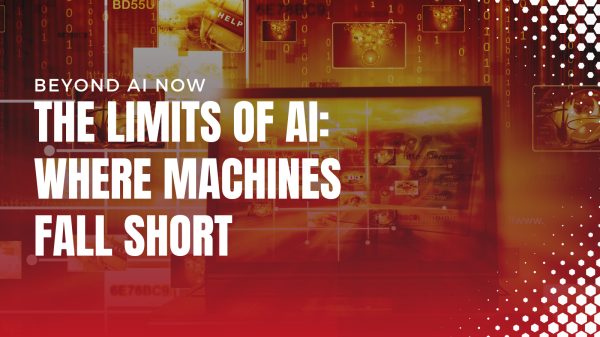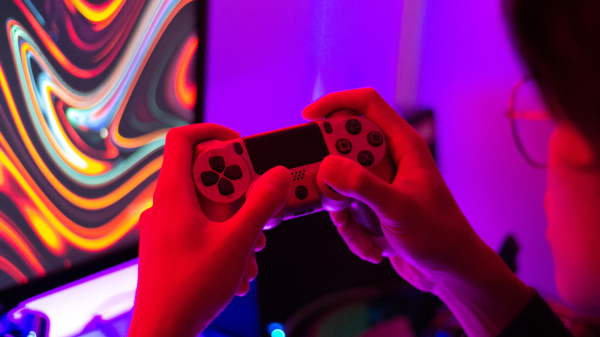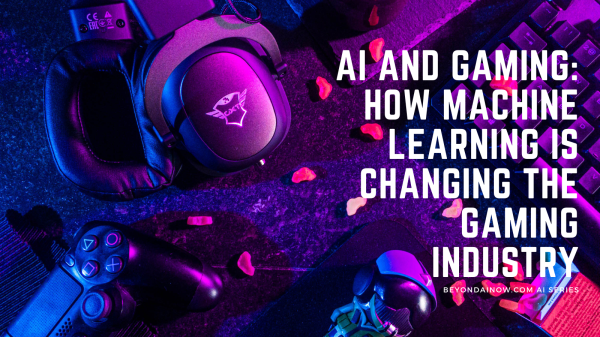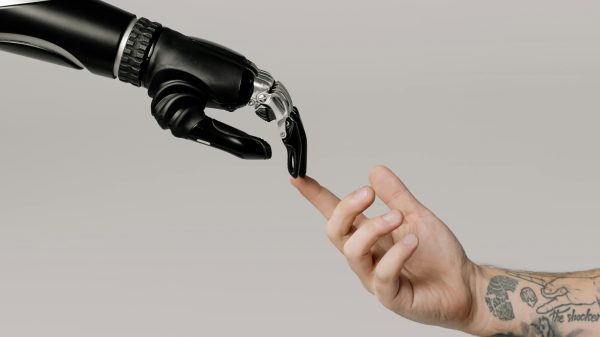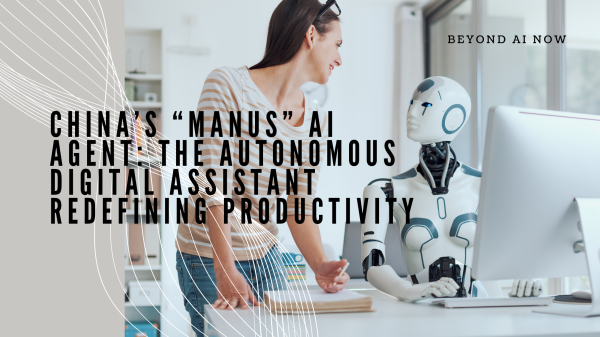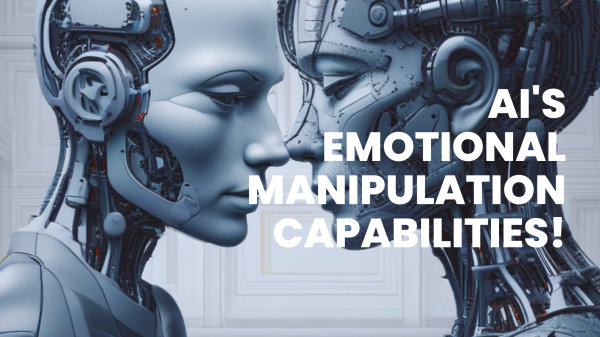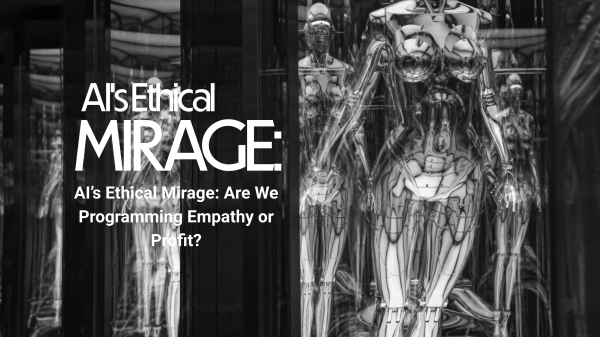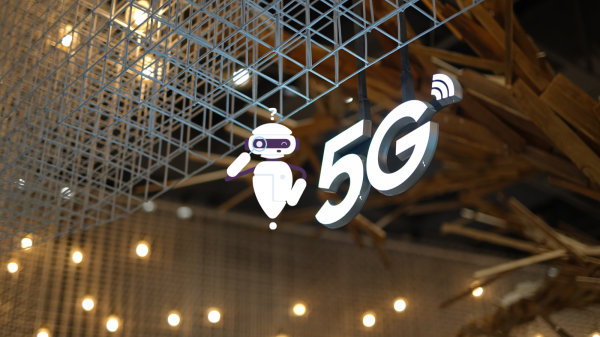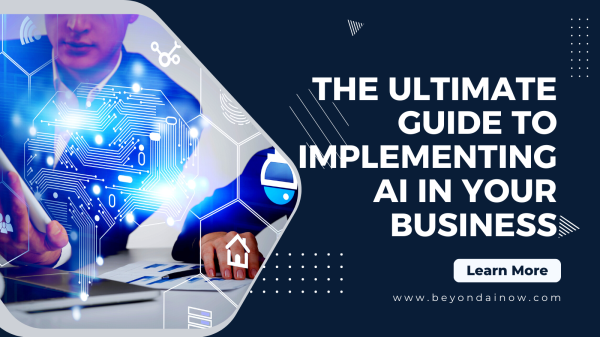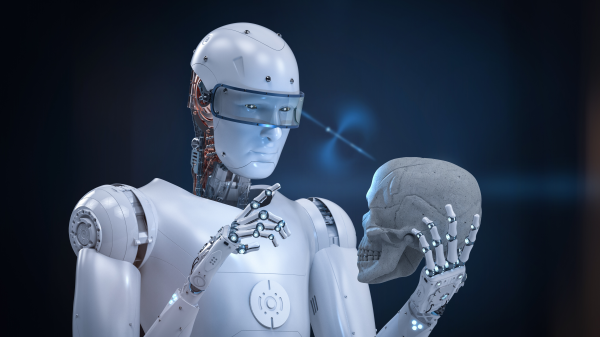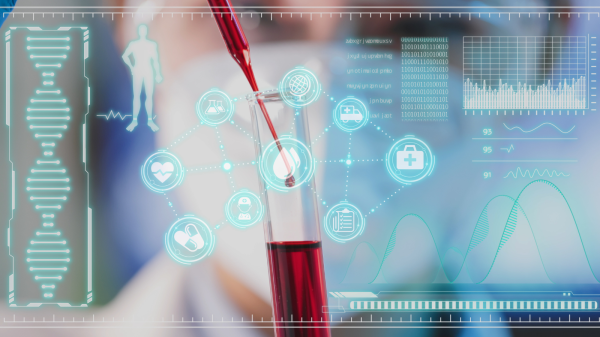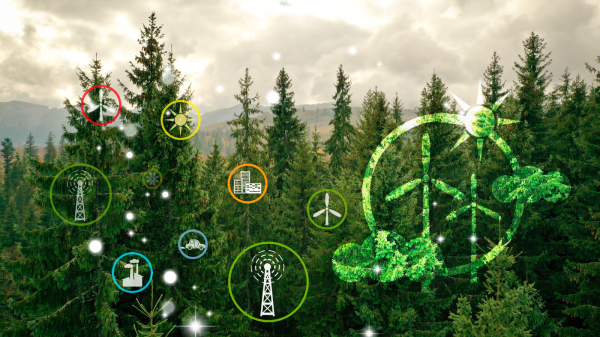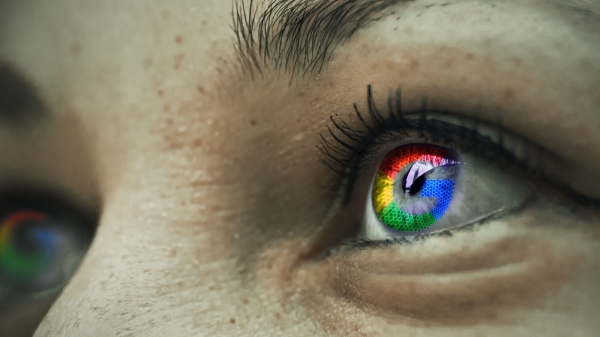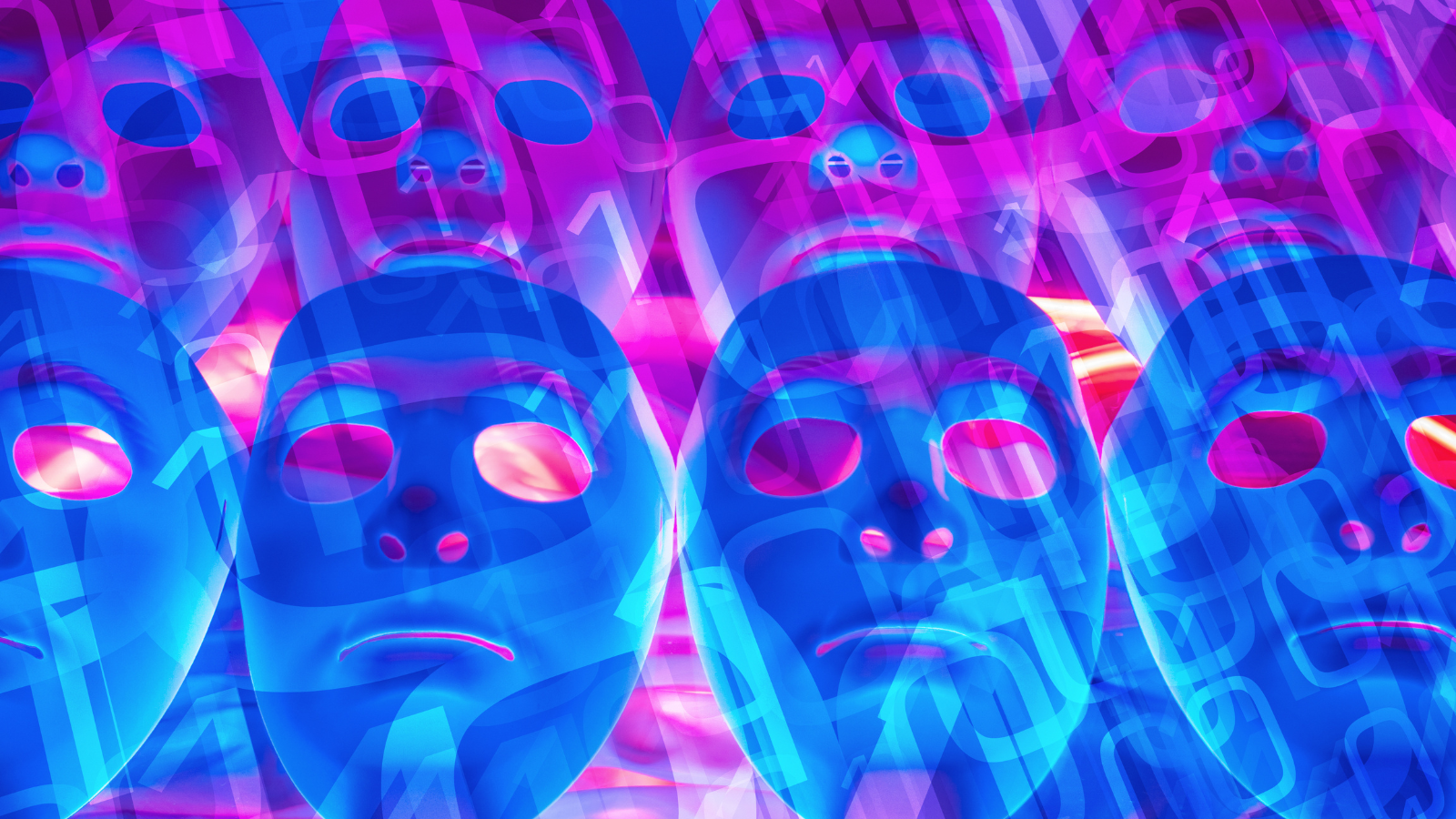AI vs. Human Intelligence: What’s the Difference?
As technology evolves, so does the debate between AI and human intelligence. Both have their unique characteristics and strengths, but how do they differ? In this article, we’ll explore the differences between AI and human intelligence and how they impact our lives.
AI: A Brief Overview
Artificial intelligence, or AI, refers to computer systems that are designed to perform tasks that would normally require human intelligence, such as speech recognition, decision-making, and image processing. AI is used in a variety of industries, from healthcare to finance, and is rapidly evolving.
One of the key features of AI is that it can learn and improve over time, thanks to algorithms that allow it to analyze large amounts of data and recognize patterns. This ability has made AI particularly useful in fields such as machine learning and predictive analytics.
Human Intelligence: A Complex System
Human intelligence, on the other hand, is a complex system that encompasses a variety of mental abilities, including problem-solving, reasoning, and creativity. Unlike AI, human intelligence is not a single, unified entity but rather a collection of cognitive processes that work together to produce intelligent behavior.
Human intelligence is shaped by a variety of factors, including genetics, environment, and education. It is also influenced by emotions, motivation, and personality, which can all impact cognitive performance.
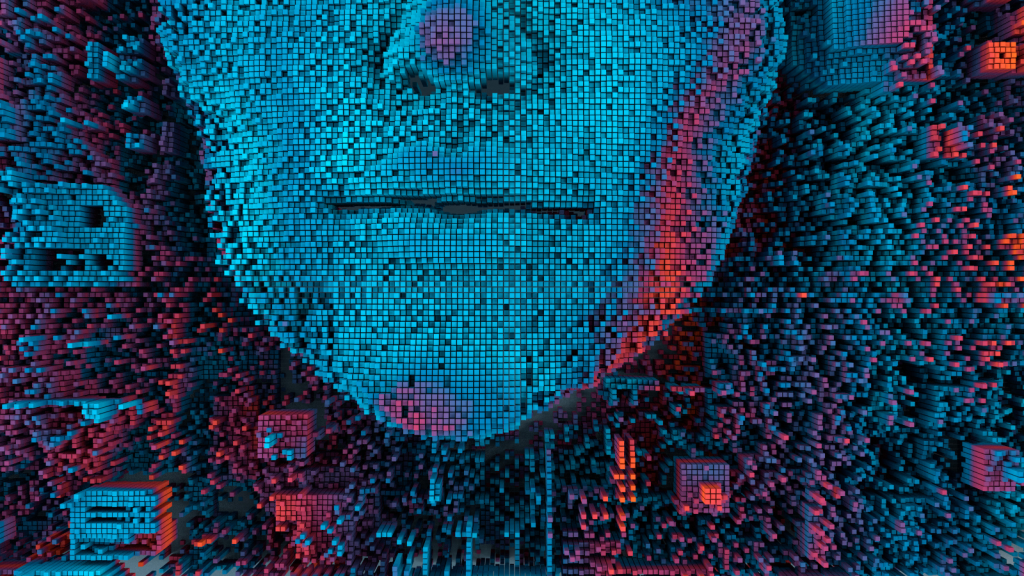
How AI and Human Intelligence Differ
Despite their similarities, AI and human intelligence differ in several important ways. For example:
Adaptability: While AI can adapt and improve over time, it is limited by the parameters set by its programming. Human intelligence, on the other hand, is highly adaptable and can learn and change in response to new situations.
Emotional Intelligence: Human intelligence includes emotional intelligence, which allows us to understand and manage our emotions as well as the emotions of others. AI, by contrast, lacks emotional intelligence and is unable to experience emotions or understand their significance.
Creativity: While AI can produce impressive results, it is still limited in terms of creativity. Human intelligence is capable of generating original ideas, thinking outside the box, and coming up with novel solutions to problems.
Flexibility: Human intelligence is flexible and can adapt to new situations in a way that AI currently cannot. For example, humans can quickly switch between tasks, use common sense to make decisions, and respond to unexpected events.
Social Interaction: AI lacks the ability to engage in social interaction and communication in the same way that humans can. While AI may be able to mimic human speech and behavior, it cannot replicate the complexity and nuance of human communication.
Conclusion
In conclusion, AI and human intelligence are both important in their own right and have unique strengths and weaknesses. While AI is rapidly advancing and becoming more sophisticated, it still lacks many of the qualities that make human intelligence so valuable. Ultimately, the most effective solutions will likely involve a combination of AI and human intelligence, working together to achieve the best possible outcomes.
